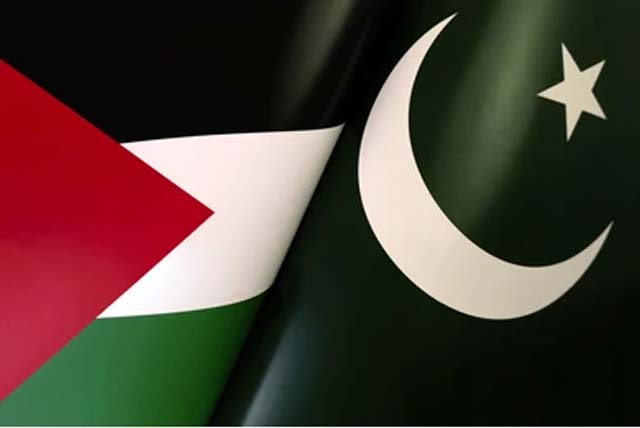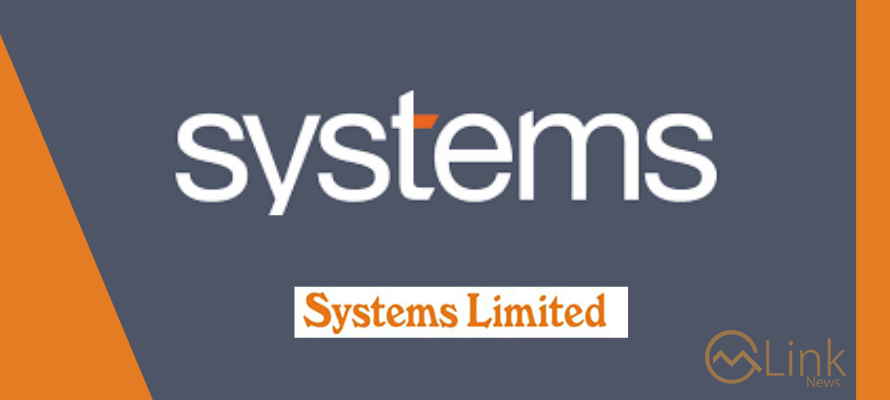June 11, 2019 (MLN): The highly anticipated budget for fiscal year 2020 has finally dawned upon local markets in Pakistan as we stand a few hours away from the final announcement.
Although there are hardly any positive outcomes expected in the near future, the equity market participants are dancing to an alternate tune as the benchmarks index currently stands 118 points higher than yesterday's closing value.
A good number of analytical projections over the past few days point towards a path of approaching turmoil, given that on top of the pressure to fix the browbeaten economy, the government also has to ensure fulfillment of IMF’s pre-requisite conditions for a bailout.
The budget aims at achieving a revenue target of Rs.5.550 trillion — almost 35.4% or Rs.1.45 trillion higher than current year’s revised estimate of Rs4.1 trillion.
What to expect?
- Stern measure to maximize revenue collection in order to minimize the primary deficit.
- Re-introduction of super-tax, rise in General Sales Tax (GST), corporate tax rate and Federal Excise Duty (FED).
- Rigorous cuts in expenditure.
- Revision in customs tariff slabs on imports
- Discontinuation of zero-rated status for manufacturers of exportable items
- Hiking inflationary pressures due to a budget so contingent on taxes
- Slowdown in aggregate demand
- Restricted corporate earnings growth in short term
Sectors likely to suffer the brunt of budget:
- Cement: The Federal Excise Duty (FED) on cement has been proposed to go up to Rs.2,000 per ton (or Rs.100 per bag) from Rs.1,500 per ton i.e. Rs.75 per bag, at present. Moreover, the continuation of corporate tax rate at the current rate of 29% or an increase to 30% is also potentially on the cards and will stretch the future tax liability
- Auto: The customs tariff slabs on imported items is expected to be revised in the budget and this bears unwelcomed news for the Auto sector which largely depends on imports and owes over 60% of its vehicle cost to them.
In addition to this, the sales tax on tractors may be raised from 5% to 18% as proposed by the Federal Board of Revenue (FBR).
- Textile: The zero-rated status for textile industry seems to be in jeopardy this time around and it is highly likely that this will raise the cost of doing business and will have an adverse impact on exports.
- Fertilizer: The government is also expected to consider a hike in GST on all fertilizer products, which is currently at 2%.
- Bank: PBA has urged the government to reduce Super Tax of 4% and reduction in income tax collected from cash withdrawal exceeding PKR 50,000 at 0.3% from filers and 0.6% from non-filers. If this step is implemented, it will be positive for deposit mobilization of the banking system and will uplift bank’s earnings.
Budget FY20 is being prepared with a planned fiscal deficit of Rs.2.7 trillion to Rs.2.8 trillion (around 6.3% of GDP), with much of financing being done by commercial banks. In a scenario of high interest rate, this will be favorable for bank’s other income especially originating from investment in Govt. securities –PIBs &T-Bills and FX related income.
- E&P: Al-Habib Capital markets Limited highlights in its research note that the proposed reduction in corporate tax rate on E&P companies and elimination of exemptions and special treatments being proposed under new petroleum policy to foreign E&P companies, in a present scenario of tight fiscal position for FY20, these measures are unlikely to be implemented. If implemented, their effect will be neutral.
Copyright Mettis Link News
28332







